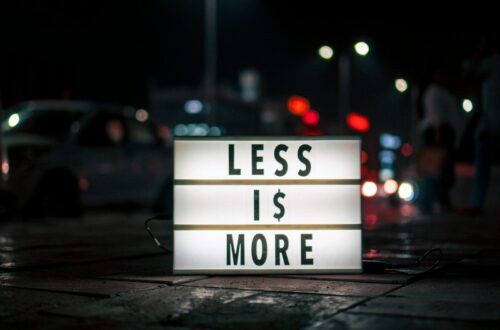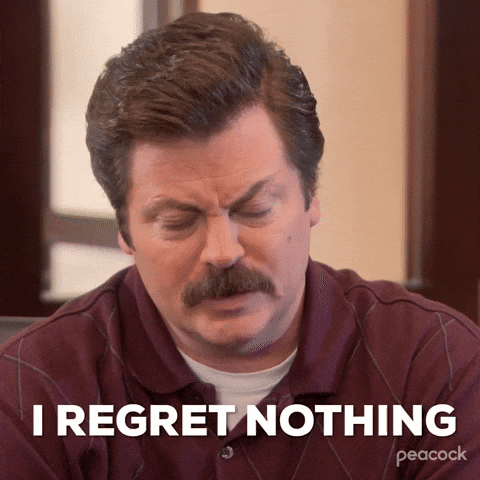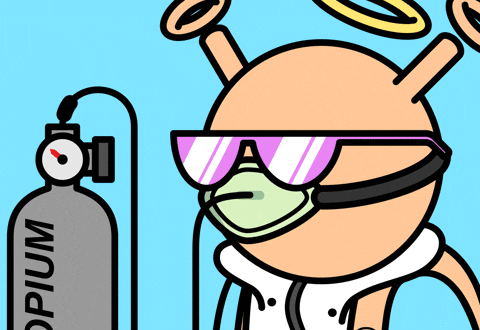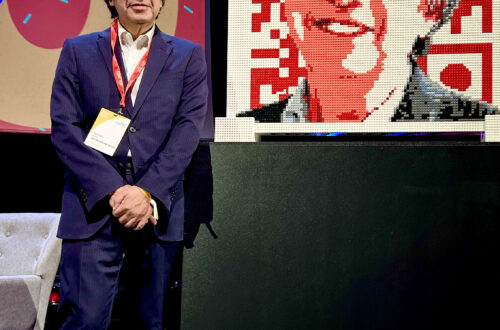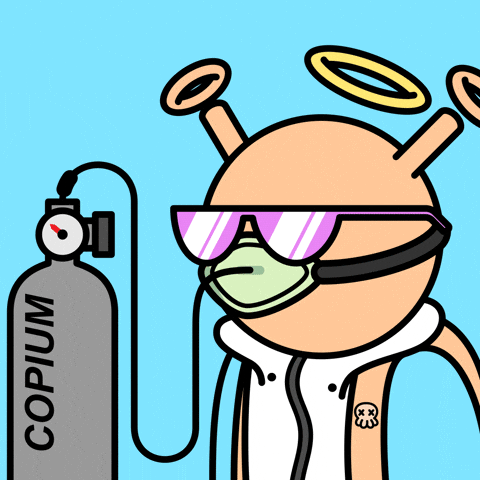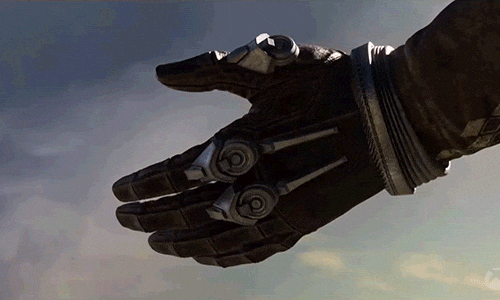Psychology
-
Why people do not use Dvorak
Why people do not use Dvorak ? People are stubborn and do NOT LIKE CHANGE. tldr;) People’s stubbornness and environmental factors significantly hinder the adoption of superior systems, as shown by the example of the Dvorak keyboard layout. Dvorak’s design was intended to reduce finger movement, increase typing speed, and reduce fatigue—placing the most frequently used letters on the home row. Sounds cool and sensible ? Because it is. However… Its adoption never came to be. The traditional QWERTY layout still is the established standard, compatibility with existing shortcuts and the high cost in effort and time to retrain millions meant people stuck with what they knew despite evidence that…
-
How to get a QR code idea
How to get a QR code idea ? Taking breaks and relaxing is essential for creativity. Masahiro Hara invented the QR code not by working overtime, but while enjoying a simple game of Go. Watching the stones on the board he had an epiphany… a new way to organize information. A simple graphic design. Digital. Coded. It lead him to the invention of a tool that changed the world. The QR CODE. Hara’s story shows that the best ideas often come when the mind is at ease. Instead of forcing solutions, enjoying moments of calm can help new connections form naturally. These quiet times help the brain see things differently.…
-
My personal Dead framework for decision clarity.
The Dead Framework: A Simple Way to Make Meaningful Decisions Dead framework helps me with my life full of choices, big and small. Needing to make constant decisions, I / we often wonder if we are making the right one and fall under the „grass is greener…” bias. Making any decision i would like for it to lead to growth and make me not regrets. It is my simple personal decision-making method I call the Dead Framework. I use it to make decision that will build me something to last as long as possible. Dead Framework two important questions If both answers are yes, then the decision is worth pursuing…
-
10-10-10 rule and 5 simple guides
The 10-10-10 Rule – simple and easy framework for better decisions Making decisions—whether big or small—can often feel overwhelming. We worry about the immediate consequences but sometimes overlook the longer-term impact, leading to choices we later regret. The 10-10-10 Rule is a powerful decision-making tool designed to bring clarity and perspective by evaluating the effects of any decision across three time horizons: 10 minutes, 10 months, and 10 years. What Is the 10-10-10 Rule? Popularized by author Suzy Welch in her book 10-10-10: A Life-Transforming Idea, this framework encourages reflecting on how a choice will affect your life in the next: By consciously considering all three time frames, the 10-10-10…
-
Why agile is dead – Dave Thomas
Why agile is dead by Dave Thomas, one of the original co-authors of the Agile Manifesto, declared „Agile is Dead” in a candid and deeply insightful presentation. This provocative statement does not mean that agility—the underlying philosophy—is obsolete, but rather that the way Agile is practiced in many companies today has veered far from its original intent. Here he is a bit older ( and wiser ) then the main photo 🙂 Why agile is dead and what Is Agile ? At its core, Agile is a mindset—a commitment to being adaptable, valuing individuals and interactions over rigid processes, prioritizing working software over exhaustive documentation, fostering collaboration over contract negotiation,…
-
Copium – the Psychology of why Some People Can’t Accept „No”
Copium has risen to describe a very human psychological phenomenon—our tendency to deny harsh realities by indulging in optimistic delusions or hopeful justifications. The word itself is a portmanteau of „cope” and „opium,” metaphorically suggesting that people „inhale” this imaginary drug to numb themselves from the pain of defeat, loss, or rejection. One of the clearest examples of Copium is seen in people who do not take „no” for an answer. Whether in relationships, work, or politics, these individuals refuse to accept rejection, failure or the other way. Instead, they latch on to any shred of hope, exaggerate possibilities, or invent alternate narratives that allow them to keep believing in…
-
Dead horse meaning
The „Dead Horse Problem” is a metaphorical concept describing human tendency to persist in failing efforts or unproductive work rather than acknowledge their shortcomings and change course. The phrase is often attributed to an old Native American saying from the Dakota tribe: „When you find that you are riding a dead horse, the best strategy is to dismount.” Despite the obviousness of the situation (the horse is dead), people and organizations often stick with ineffective strategies, investing more resources, energy, and/or time, hoping for a turnaround that never comes. This metaphor captures refusal to accept reality and continue with doomed projects, relationships, or plans This is leading to wasted effort…






